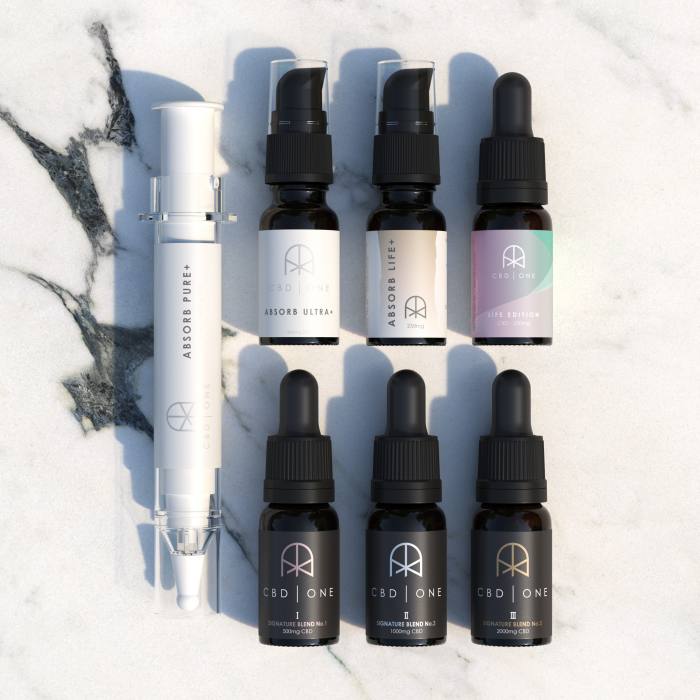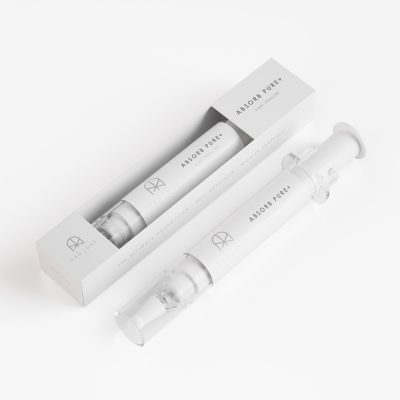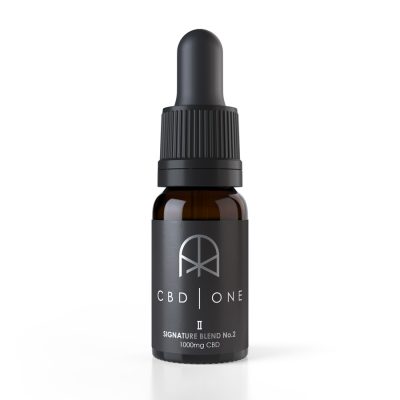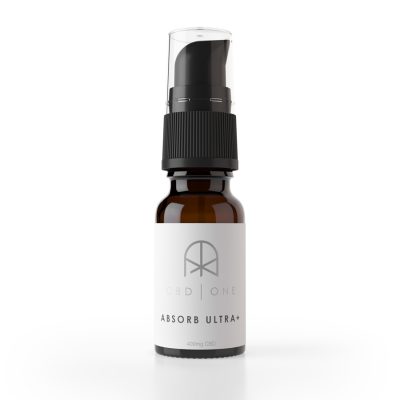
CBD products have blown up in popularity over the last few years. Many people use CBD oil for wellness, or to look after their overall health.
But, as CBD (cannabidiol) is derived from the cannabis plant, there are a lot of misconceptions about the effects of CBD.
Does CBD make your eyes red, in the same way that THC does? Are CBD and THC the same? Let's get into it and clear up some questions you might have about CBD and eye health!
Good news - CBD doesn't make your eyes red!
This is a common misconception due to CBD being derived from cannabis sativa. The cannabis plant contains CBD, but also boatloads of THC (tetrahydrocannabinol). THC lowers blood pressure, which dilates blood vessels (they grow in size, meaning blood flow increases). This makes your eyes red.
But high-quality CBD products have very little to zero THC content - and CBD, unlike THC, doesn't impact your blood vessels in a way that causes red eyes. Bear in mind that CBD oil from untrustworthy or low-quality sources may contain higher trace amounts of THC, so be sure to only get hemp-derived CBD products from safe companies.
Even if you took the best CBD oil on the market, you'd have to consume enormous amounts in order to get red eyes!
There are around 100 cannabinoid chemical compounds in the cannabis plant which play a role in the feelings associated with cannabis use. However, the two main chemicals which interact with distinct receptors in the body (thought to play a part in things such as mood, appetite, and pain sensations) are CBD and THC.
CBD (cannabidiol) is a legal food supplement which interacts with cannabinoid receptors in the endocannabinoid system.
When you get it from a reputable source, CBD is non-intoxicating and can offer relief from various issues without the psychoactive effects of THC. While potential side effects exist, such as dry mouth, ongoing research shows CBD's therapeutic potential. It might have anti-inflammatory effects and the potential to help us burn fat!
As more research emerges, CBD remains a promising option for those seeking complementary and integrative health products as part of a wider health plan. Like all health supplements and other medications, CBD must be used responsibly and your individual response to it may vary.
THC is the psychoactive cannabinoid found in cannabis products that produce the "high" sensation. Due to the dilation of blood vessels, THC causes red eyes.
As the main cannabinoid in cannabis, THC is on the list of controlled substances in the UK due to its psychoactive effects. When ingested, THC interacts with receptors in the brain, altering perception, mood, and cognitive function. Having THC daily can lead to dependence and potential bad effects on your mental health.
Glaucoma patients and people with other eye health issues, such as inflammation (uveitis) or macular degeneration, might be considering purchasing CBD in order to see if they can improve their eye health. While there are potential benefits to CBD use, can cannabis products be used to take care of our vision?
CBD is thought to have potent antioxidants and anti-inflammatory properties, making it a potential avenue to try out for uveitis, as the retinal inflammation and degeneration in uveitis can both be caused by oxidative stress (NIH).
A lot of people already use CBD in order to treat pain, so there might be potential to reduce corneal pain (which can be caused by refractive eye surgery or dry eye disease). This should be done alongside a proven treatment, like bandage contact lenses or eye drops.
There's a lot of anecdotal evidence that cannabis use can treat symptoms of glaucoma. This is when the optic nerve leading to the brain is damaged, causing peripheral vision loss and potentially leading to total loss of a person's vision. Glaucoma also causes increased intraocular pressure (the internal pressure within the eye). Naturally high pressure is also a big risk factor.
Whether or not marijuana itself could treat glaucoma is up for debate. Peer-reviewed studies in the 1970s and 80s found that the THC content reduced intraocular pressure and the resulting optic nerve damage. But other studies have found that marijuana could actually increase intraocular pressure. Regardless of the answer, it's obviously not recommended that you self-administer cannabis or other controlled substances for medical use!
CBD oil may reduce pressure in the eye for a few hours, but this isn't really long enough to prevent damage to the optic nerve - leading to glaucoma. There isn't enough evidence right now to say that CBD can treat glaucoma symptoms, but it's currently being researched. It isn't recommended by medical professionals for the time being, because the results are inconsistent.
While CBD is unlikely to have any serious negative effects on your health or mental state, and it doesn't cause red eyes, there are differences in how it works for different people. There can be some minor negative side effects:
For general feelings of wellness and calmness, you should consider trying CBD. Legal, safe, and tested by a third-party lab, all of our CBD products are well under the legal limit of THC content and won't make your eyes red.
Check out our blog for more answers to questions you may have, or shop now and discover the difference that CBD One can make in your life!


Bioavailability:?Bioavailability | 99% |
CBD content:?CBD content | 800mg | 1600mg | 4000mg |
Cannabinoid spectrum:?Cannabinoid spectrum | Full |
| Daily use: | Once daily |
Best for:?Best for | Powerful water-soluble option |

Bioavailability:?Bioavailability | 12 % |
CBD content:?CBD content | 1000mg | 2000mg | 5000mg |
Cannabinoid spectrum:?Cannabinoid spectrum | Full |
| Daily use: | 1-3 times |
Best for:?Best for | All round oil |

Bioavailability:?Bioavailability | 99% |
CBD content:?CBD content | 400mg | 800mg | 2000mg |
Cannabinoid spectrum:?Cannabinoid spectrum | Full |
| Daily use: | Once daily |
Best for:?Best for | Great all-rounder |

Bioavailability:?Bioavailability | 40%+ |
CBD Content:?CBD Content | 450mg | 900mg | 1350mg |
Cannabinoid spectrum:?Cannabinoid spectrum | Pure CBD |
| Daily use: | Once |
Best for:?Best for | Round the clock super-effective dosing |